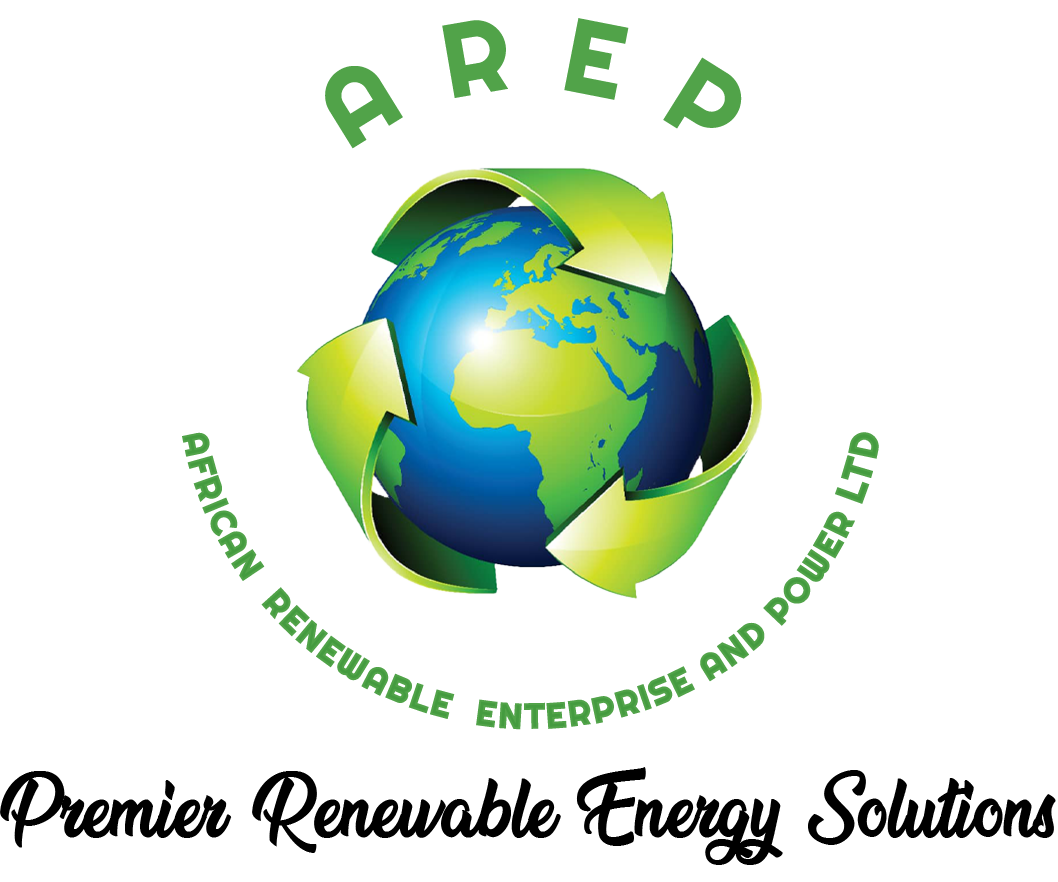Technical Overview
AREP’s technical partners employ a proprietary system that achieves complete destruction of a wide range of solid, semi-solid, and liquid feedstock, including municipal solid waste, industrial waste, agricultural waste, oil and gas waste, medical waste, sewage and sludge, chemical waste, rubber/tires, bio-hazardous and other hazardous wastes, construction and demolition waste etc, with up to 97% reduction in volume. The system is technically and environmentally superior, cost-effective, and self-sustaining.
The proven technology turns trash into energy in two stages that produces low air emission and prevents pollution. It begins with an automated process to remove recyclable wastes and materials that would release toxic pollutants if burned, such as polyvinyl chloride or PVC (Plastics). The remaining waste is slowly moved through a closed chamber where high heat breaks it down to generate electricity.
The technology also provides functionally independent modular components that reduce down time such that maintenance and repair on one does not affect operation of others. The modular design cuts initial and life-cycle capital costs because plants are scalable, and modules can be added or taken off line, and relocated to other areas as needed. The modular design also allows for cost-effective waste processing and renewable energy generation even at small capacities. The process is automated with manual override; which enables digital supervision and control of system. It provides for real-time remote monitoring, and technical support for our local plant operators and management by a team of international experts. This ongoing support and service factor was critical by design, in our choice of a technical partner. In our assessment of best service practices to offer, maintenance is of extreme importance to counter a chronic culture of poor equipment maintenance. The continuous technical oversight will be crucial to our success.

